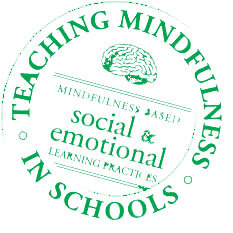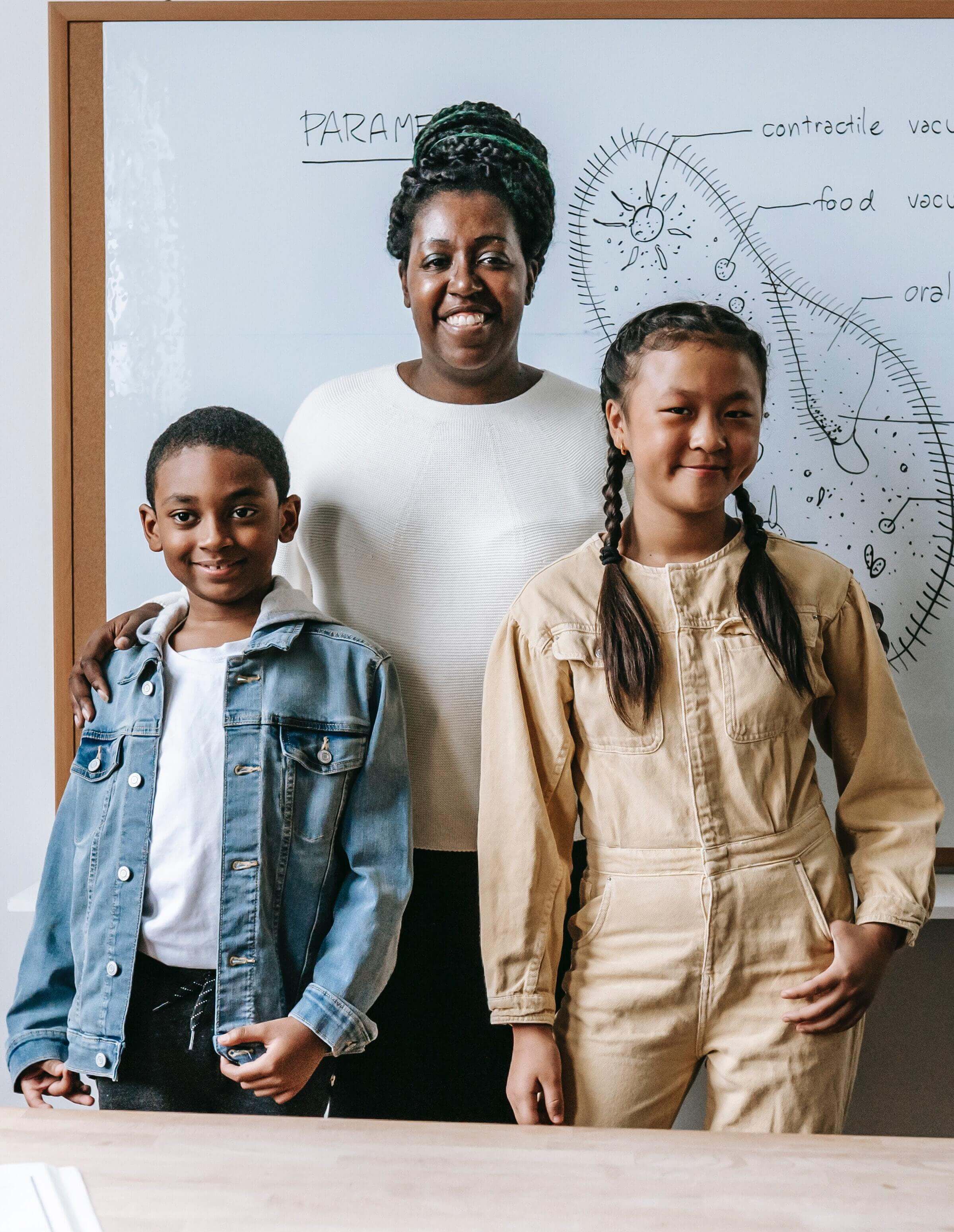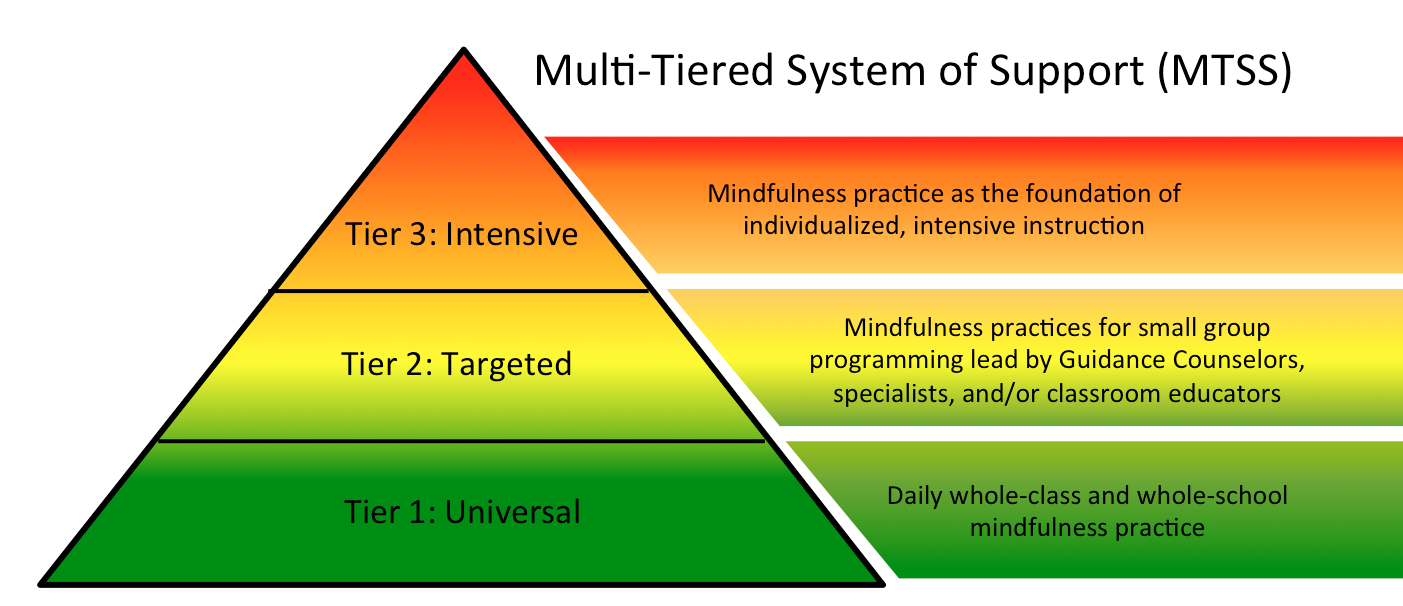SEL vs. MBSEL - WHAT'S
THE DIFFERENCE?
Mindfulness is known as the ability to pay attention to the present moment with curiosity and kindness. Over 7,000 scientific studies demonstrate the benefits of Mindfulness-Based Stress Reduction formatted programs, including MBSEL, proving they reduce stress and amplify learning. A growing number of these studies focus on the benefits to educators, students, and families.
The traditional SEL curriculum is designed to activate the prefrontal cortex (PFC), known as the brain's executive center; this is the same part of the brain that 'learns' math and science. However, when the brain is stressed, the prefrontal cortex becomes inactive. As a result, a person is unable to access what they cognitively know, making them prone to reactivity. MBSEL programs target this disconnect by helping children develop the inner capacity to self-regulate during moments of stress.





